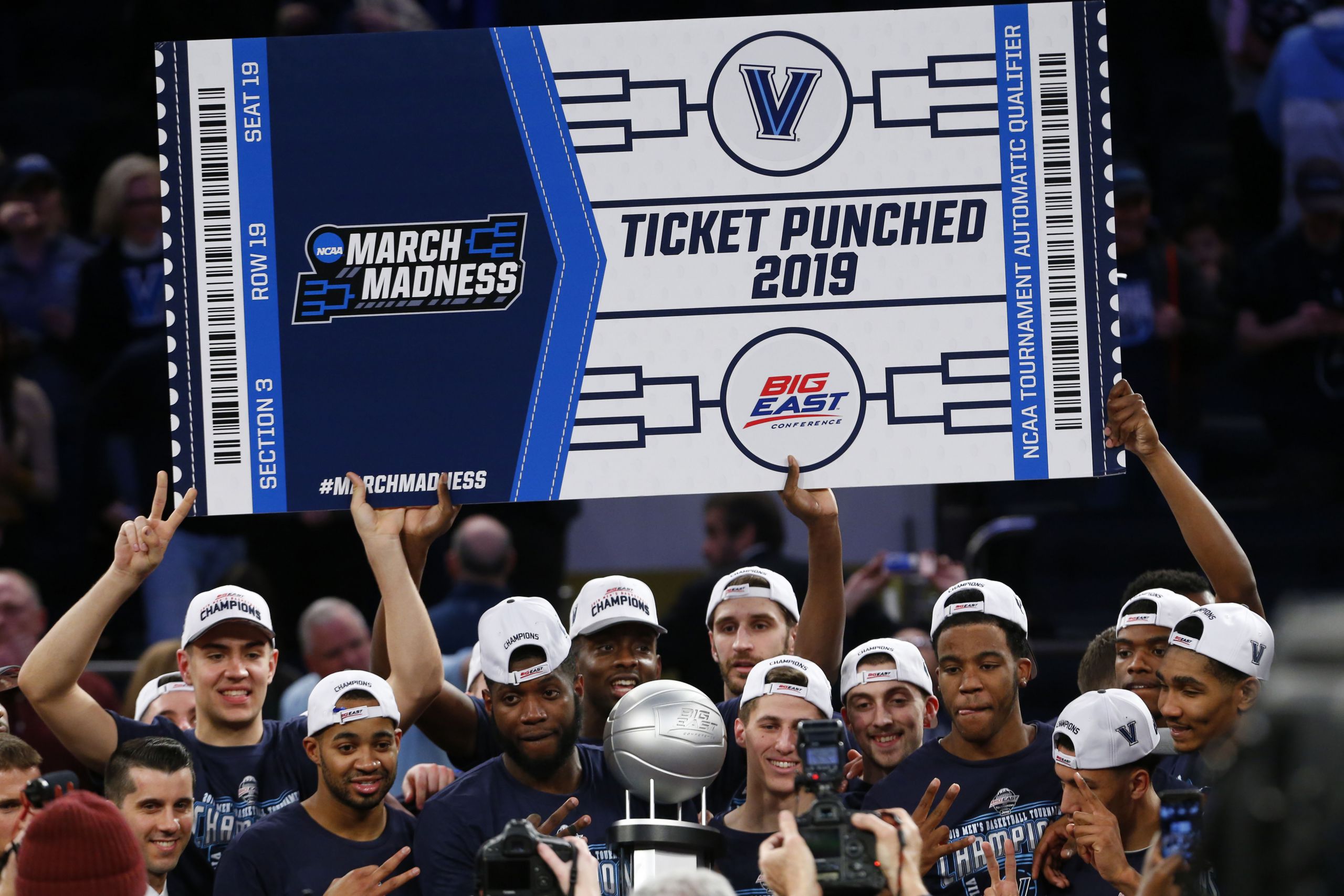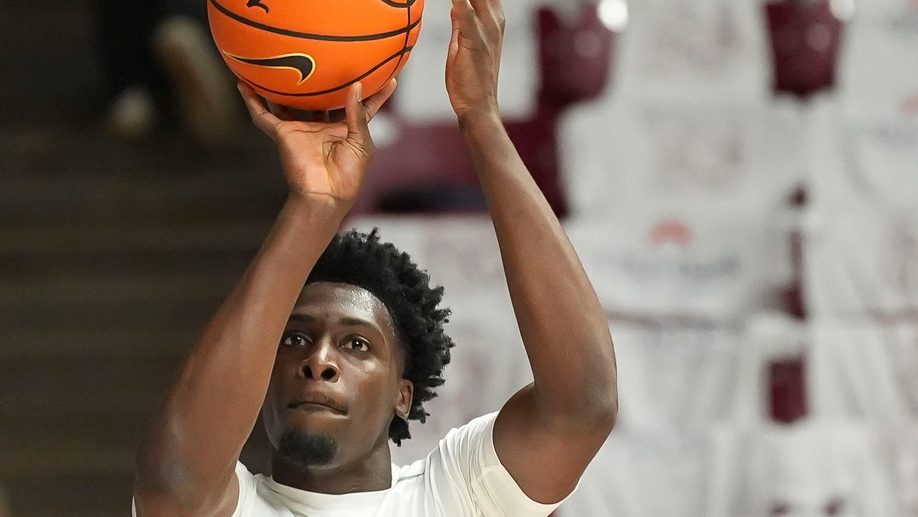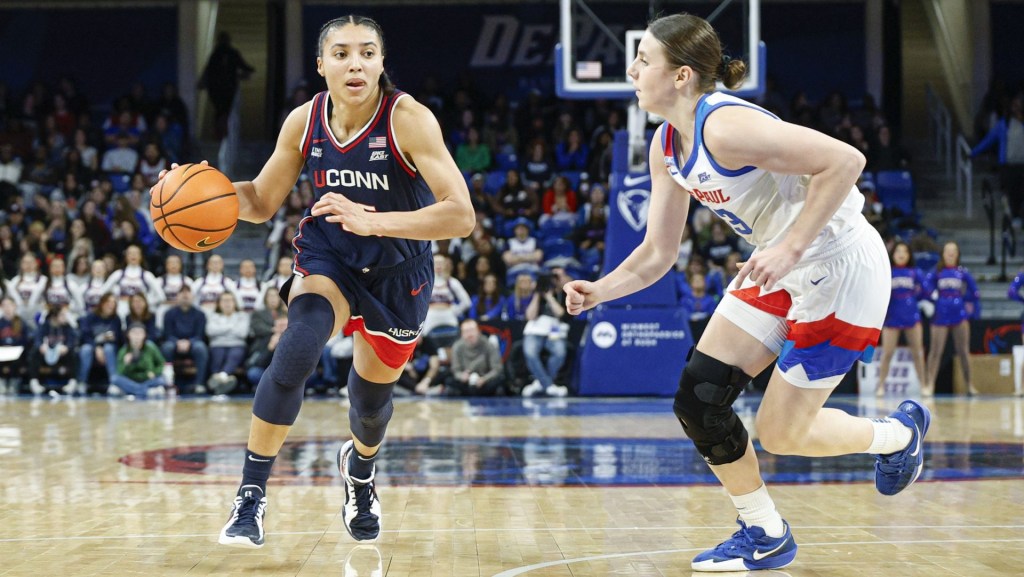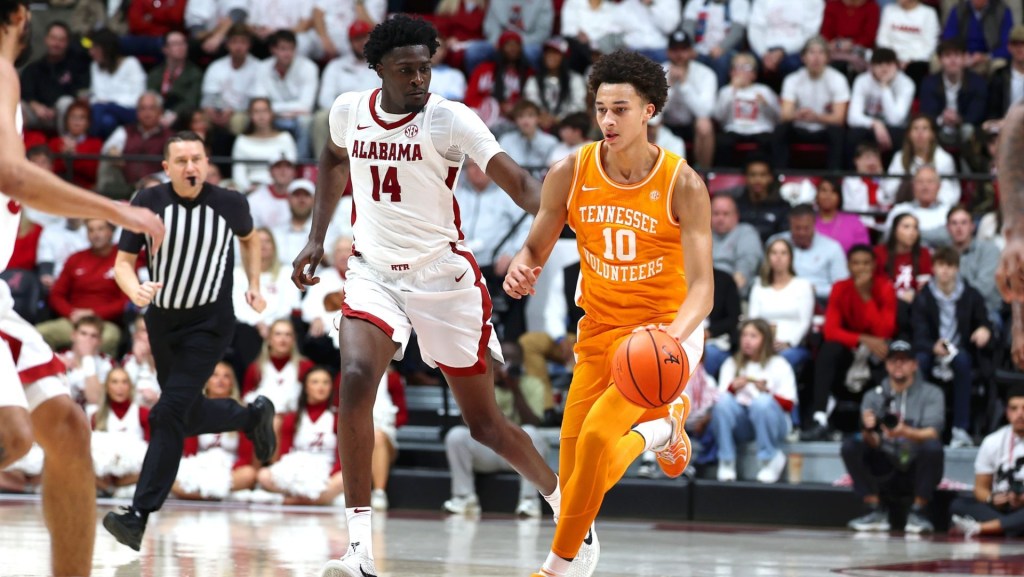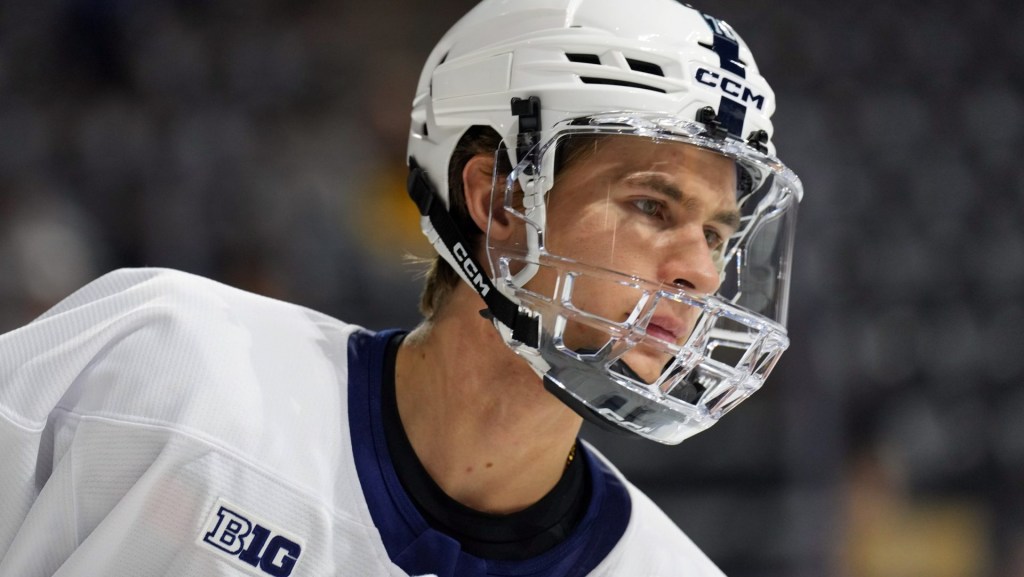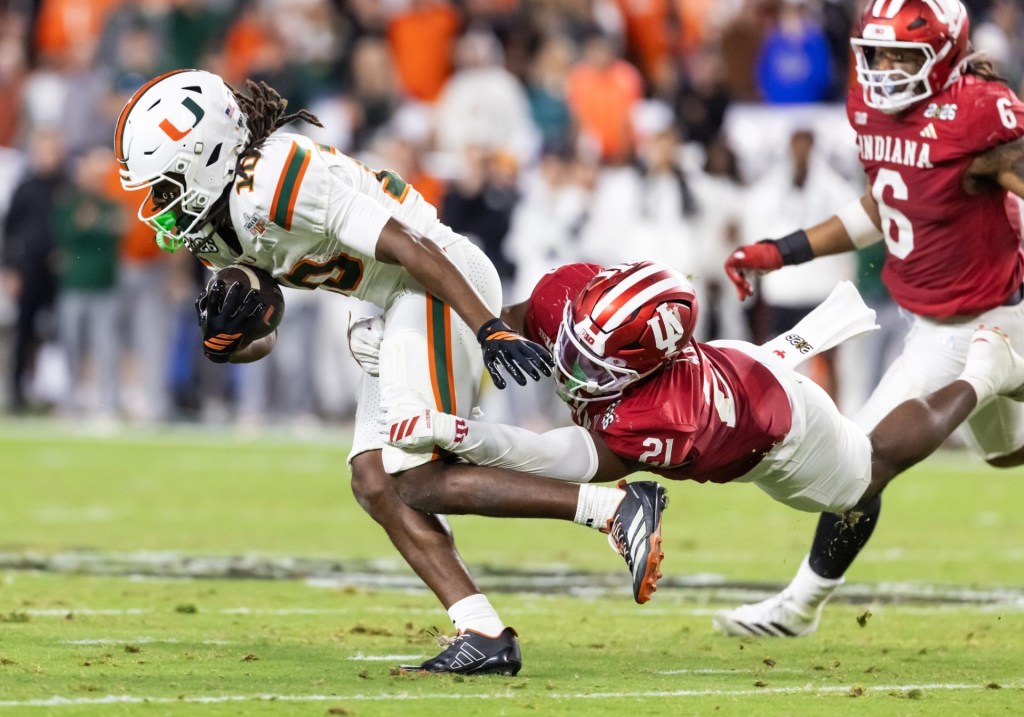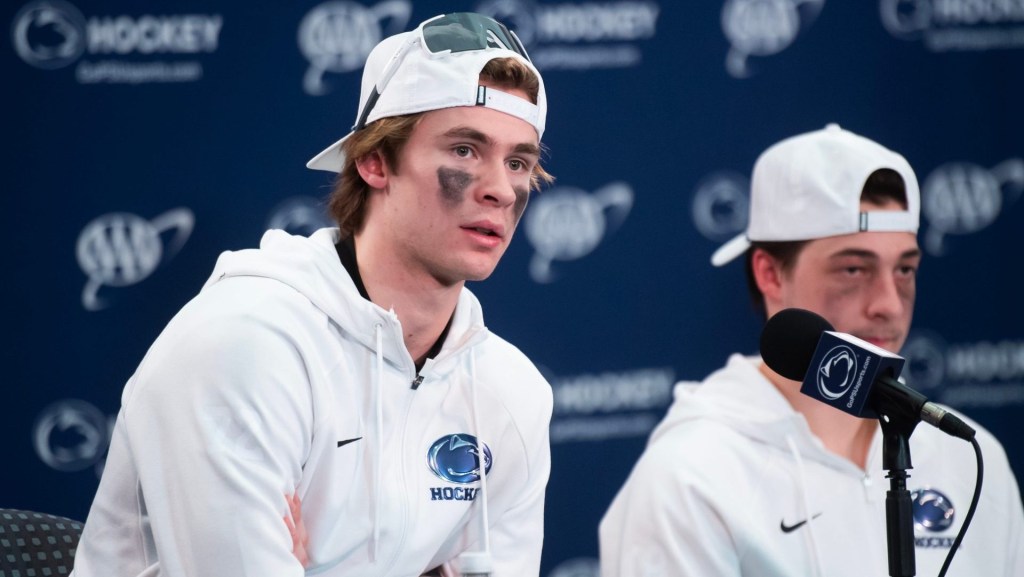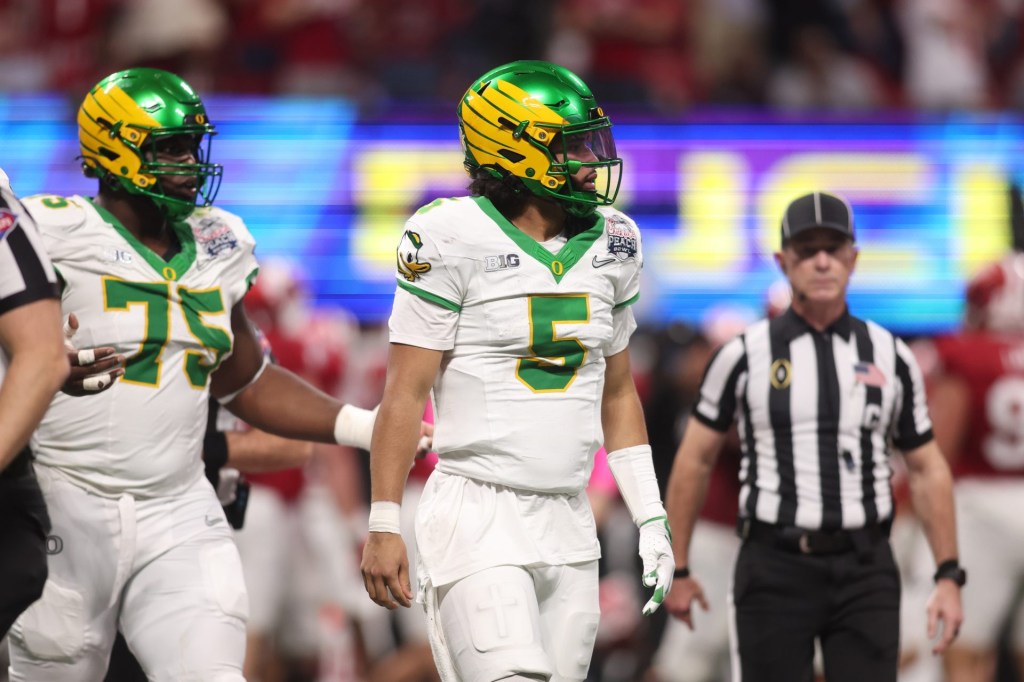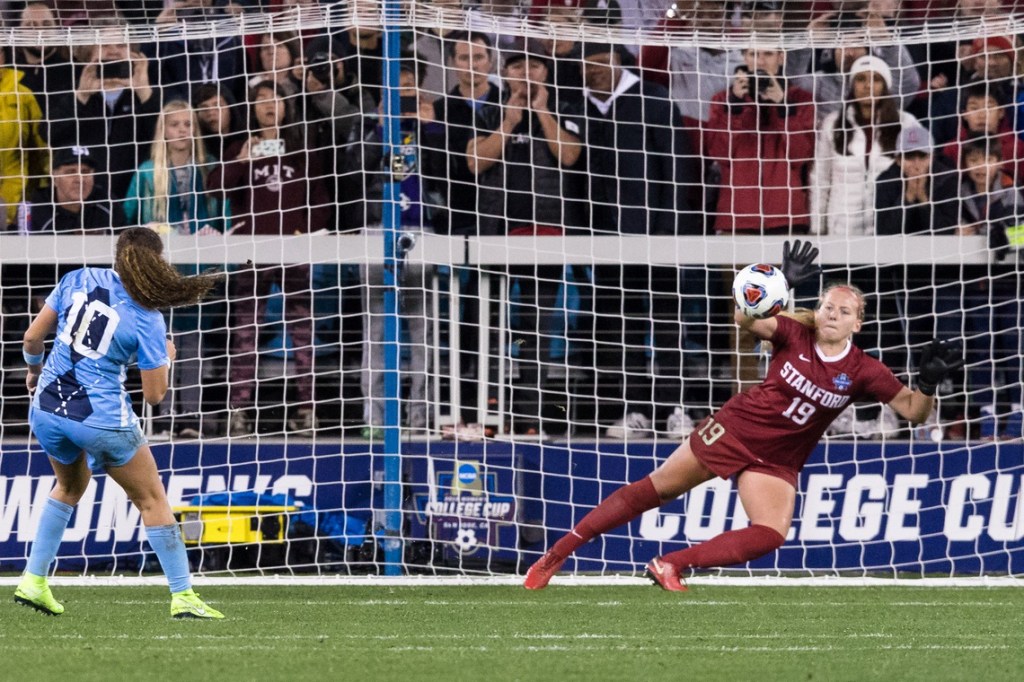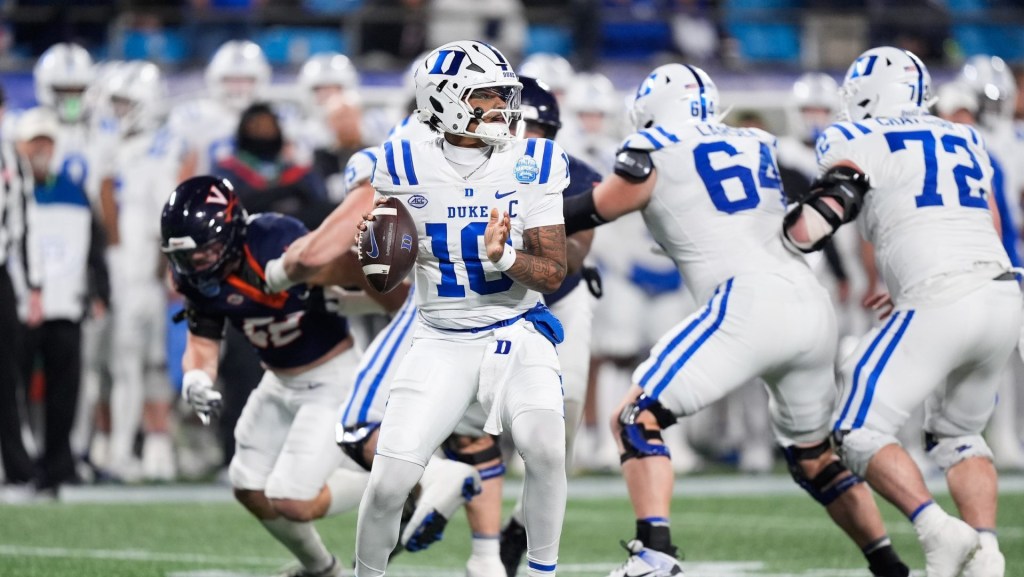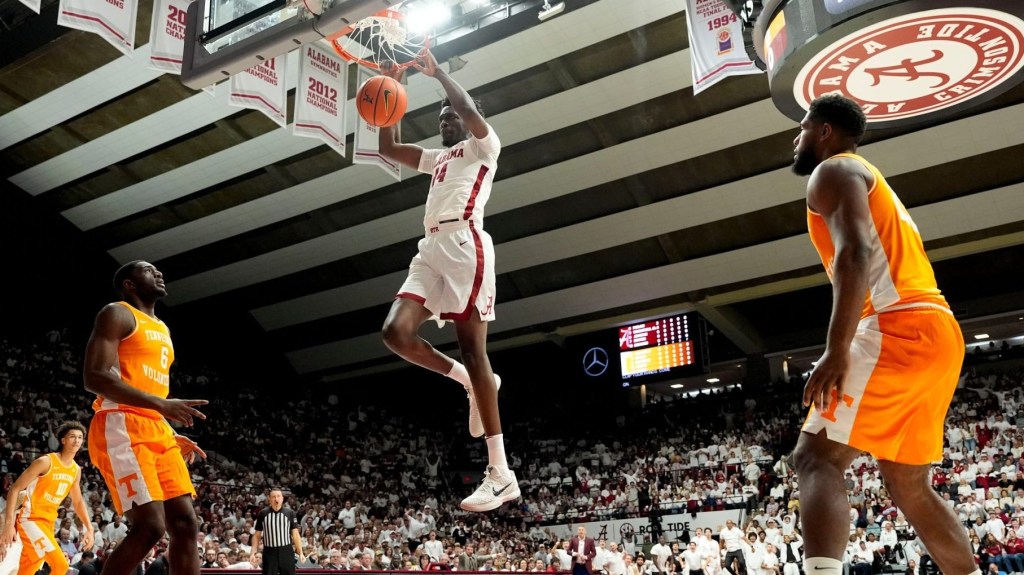Big East commissioner Val Ackerman is a jack of all trades. She’s been a college student athlete and then a professional basketball player. She was an NBA lawyer turned executive. She was the late David Stern’s right hand woman and then the founding President of the WNBA.
She has served as the President of USA Basketball and worked with FIBA, the U.S. Soccer Federation and NYU. She’s been on countless boards and committees, from the Knight Commission on Intercollegiate Athletics to the March of Dimes, and is currently co-chair of the NCAA’s working group on the issue of name, image and likeness and student athlete pay.
Now seven years into her tenure atop the Big East, she sees herself as a leader of leaders as her conference works to be on the vanguard of important issues and innovation. Front Office Sports sat down with Ackerman to talk about executing in her role, the current landscape of college sports and the underbelly of the Big East.
This interview has been condensed for clarity.
Front Office Sports: You’re in a very unique position with all the different roles you’ve held as a female leader in the conference and within the NCAA more broadly. How do you think your experiences have prepared you for this role?
Ackerman: When you’re working in any job, you have to have a base level of competency and knowledge. When I came into this position, I had never worked in a senior role in college sports before. So it was a new space in that respect but I had done some other things to get myself acquainted with this world, particularly after I left the WNBA and the NBA.
The other thing I think that helped me was that I had worked in a league office environment and there are similarities between what you would see in the NBA and what you would see in a college conference in terms of trying to understand the intersection of sports, business and administration, television sponsorship and so on. So there was some familiarity there.
Then there’s that category of soft skills that are transferable. That’s everything from the politics, managing your stakeholders, the stamina of working in a role like this, understanding how to deal with media, and the leader attributes which I had picked up when I worked at the NBA. I had some great mentors in my career and I learned a lot from them. All those pieces you bring into the job and help you do what you have to do.
FOS: In doing “what you have to do,” what would you say the biggest challenges you’ve faced in this particular role have been?
Ackerman: When I took this position in 2013, the job description was to relaunch the conference. Most people who assume a position like this aren’t restarting their organization, they’re taking over something existing. But that wasn’t my setup. The league had broken up, I had no staff, I had no office, I had no website, I had no email. We had no benefits plans I could offer employees I was hiring. It was a startup. That was a more difficult assignment than I thought it would be when I took the position.
READ MORE: Senators Critical Of NCAA’s Inaction At Student Athlete Compensation Hearing
The WNBA which I ran was a startup too, but we were nestled inside of the NBA infrastructure and hundreds and hundreds of people were working on that. Here it was me, my cell phone and a couple of colleagues who became friends. We just had to figure it out. That was the hardest part of the first couple of years was just reestablishing the organization. Then along the way it was just learning the college sports business, learning a new group of people I was working with.
Now I think the challenge is really we’re just busy all the time. The first few years I kept waiting for things to slow down. And it did, in a way, once I got my staff hired and I could delegate things. But we have some ambition here and we’ve taken on, sometimes voluntarily, some ambitious projects so it’s just nonstop.
FOS: You mentioned your initial goal being relaunching the conference. Do you feel like you’ve been able to accomplish that to the extent you wanted to?
Ackerman: Very much so. I think most people look at what we’ve done and are calling this a success story. No one knew what to expect when the seven schools left the old Big East. They joined Butler, Xavier, Creighton – three very good, proud basketball schools – [and] people didn’t know if it could ever be like old Big East. And it’s not, but we have definitely kept the basketball successes going.
We’ve got two national championships to show for it with Villanova leading the way. Nine of our 10 teams have received at least one NCAA tournament bid in the last six years. Not many conferences can boast a 90% success rate. We sponsor 22 sports. We’re one of the top two conferences in the country in student athlete graduation rates.
We’ve launched some exciting initiatives with mental health, we do esports and we’re one of the few conferences with an organized initiative. We have a digital network that we launched in our second year of the new Big East. We have national television that’s at a high level, we have a long term relationship with Fox Sports.
Every single one of our men’s basketball games is on national, linear television. Not many leagues can boast that. We sell out the Garden and we just renewed with them for another decade. We’re working on things surrounding D and I [diversity and inclusion]. So there’s a lot we’re doing successfully. And we just brought in the University of Connecticut, who will join us in July, which was a charter Big East school which was not part of the separation.
FOS: When we talk about diversity and inclusion, are you seeing that on the women’s side with efforts to foster more growth for women’s coaching? The NBA and WNBA are looking to make inroads there. Do you see that trickling down?
READ MORE: Overtime Buys Fortnite Team to Double Down on Esports Content
Ackerman: An interesting note is that five of our ten men’s basketball coaches in the Big East are African American. We have the highest percentage of any conference in the country. Our schools are definitely hiring the best people in for the job but they understand the need to keep working through this lens of diversity and inclusion and applying that in a bigger way across campus.
I’ll be quite candid, in women’s basketball, the majority [of] coaches now are men. But it’s a hot topic right now. I remember getting questions about this 25 years ago in the WNBA because we had men who were coaching. They were fantastic – passionate, qualified, successful in some cases, the players respect them. And that was always my answer.
What always bothered me was that women never really had the opportunity to coach on the men’s side. They only had one path. It was somehow deemed that they could only coach the women but the men were ‘allowed’ to coach both men and women. And that didn’t sound right. I would laud the NBA for making some headway there, but that has not happened in men’s college basketball. They’re not focused on it. The men’s basketball focus right now is on racial diversity in the coaching ranks. It’s not on inclusion of gender. On the women’s side, more men than women are coaching and that’s the case in the Big East as well. Where this all heads, I don’t know. I hope that more women are applying and getting themselves in positions to become head coaches.
FOS: Are there any particular other areas where you see the Big East spearheading significant change in the next, say, five years?
Ackerman: I think service. Our schools are very service oriented in part because of their Catholic missions. So I think that would be a natural progression for our schools because they’re doing it anyway.
The hot topic in the NCAA though is name, image and likeness. I’m deeply involved in this, in the national working group. This is a very complicated topic. It involves all three divisions, so 1,100 schools. It’s not isolated to a particular corner of the NCAA, this would affect all the schools.
A lot of work has been invested already into examining the issues, dealing with the legislative landscapes because states are involved within NIL legislation, there’s a possibility of Congressional legislation because so many states are involved with conflicting legislative schemes that make it unworkable. And then there’s some legal issues because of litigation that’s already been had and is continuing.
That will change the college landscape, no matter what happens, forever. I can’t predict today where that will land and what impact it will have and how any one conference will respond to that, but that I would say is the most uncertain element of potential change in college sports.
I think we’re in front of the other major things for the future – mental health, technology. That [technology] is another area that I think more can be done in the college space, and is easier for better resourced conferences to tap into but we’re working on it. That’s all on the horizon.
